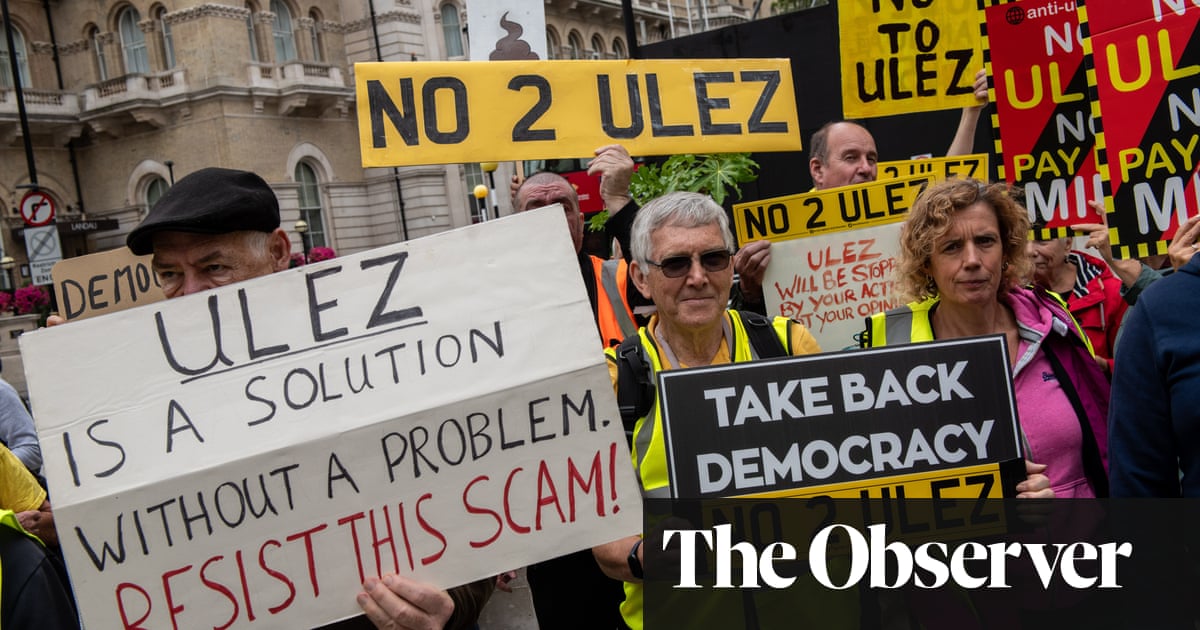
Political and cultural warfare in the United Kingdom has now breached the sanctum of its favourite game, one of the last few havens of national unity.
The shattered haven in question is Match of the Day, a Saturday night programme on BBC that shows and dissects highlights of the day’s Premier League football (soccer) action.
It is the longest-running football show in the world, having begun in 1964. It has had the same theme tune since 1970, and, with an average audience of two million plus (far more for cup finals), a substantial share of the population can hum it in their sleep.
Despite the advent of streaming and commercial competition, Match of the Day remains a widely shared national experience of sport and jokey banter.
After 59 years, however, the banter will be silenced and this Saturday’s edition will be broadcast without hosts or pundits after the BBC suspended its regular host, former Leicester, Barcelona, Tottenham and England striker Gary Lineker, and his co-hosts, fellow legends Alan Shearer and Ian Wright, announced that they would stay away in solidarity.
Lineker is in hot water for tweeting criticisms of the government’s newly unveiled immigration policy, and in particular a video message by the home secretary, Suella Braverman, focused on stopping people crossing the Channel in small boats.
He pointed out that the suggestion Britain was being swamped was absurd as the country takes in far fewer refugees than most other major European states. It was, he said, “an immeasurably cruel policy directed at the most vulnerable people in language that is not dissimilar to that used by Germany in the 30s”.
The comments led to complaints from the government and the rightwing press, and ultimately a decision to take Lineker off the air until agreement was reached on his use of social media.
The decision provoked a storm of complaints about double standards, as it was pointed out that BBC personalities had got away with political commentary in the past when it veered to the right. The current BBC chairman, Richard Sharp, is a Tory donor who once helped facilitate a loan to Boris Johnson when he was prime minister.
Lineker’s supporters and free-speech advocates, including those who have doubts about his Nazi comparisons, have argued that as a football commentator expressing private views on politics, he should be allowed to say what he thinks.
In essence, the battle over Match of the Day is the continuation of a long-running struggle over the BBC’s mission, and the definition of what it means to be a public service broadcaster in a polarised age.
Lineker’s suspension was announced on the same day another national television treasure came under threat. It emerged that the BBC had decided not to broadcast an episode of Sir David Attenborough’s new series on British wildlife because of fears that its themes of the destruction of nature would risk a backlash from Tory politicians and the rightwing press.
Five episodes of Wild Isles are scheduled to go out in primetime slots on BBC One, but a sixth episode – understood to cover wildlife losses and efforts to counter them – will not be broadcast and will instead be available only on the BBC’s iPlayer service.
Senior sources at the BBC told the Guardian that the decision not to show the sixth episode was made to fend off potential critique from the political right.
Also on Friday, the corporation was forced to apologise for failing to properly scrutinise claims made by Conservative MP Nadine Dorries on a radio show, and faced accusations that the Question Time presenter Fiona Bruce had trivialised domestic abuse.
Both the Match of the Day and Attenborough battles demonstrate the shrinking of public space in Britain deemed to be truly apolitical, and raises questions of whether anything is truly sacred, or whether Strictly Come Dancing or the Great British Bake Off will become the next battlefields.












